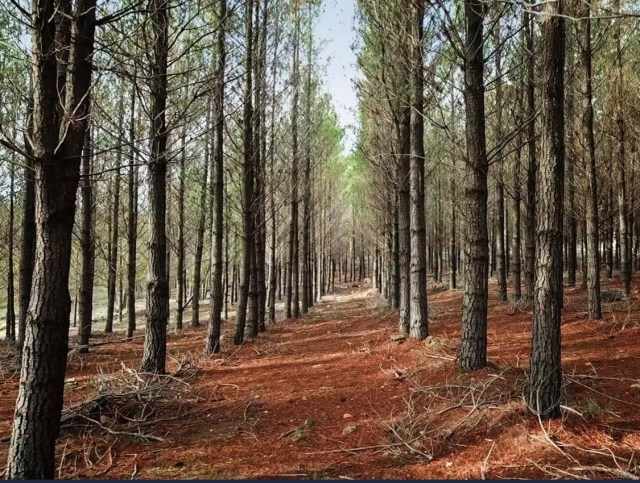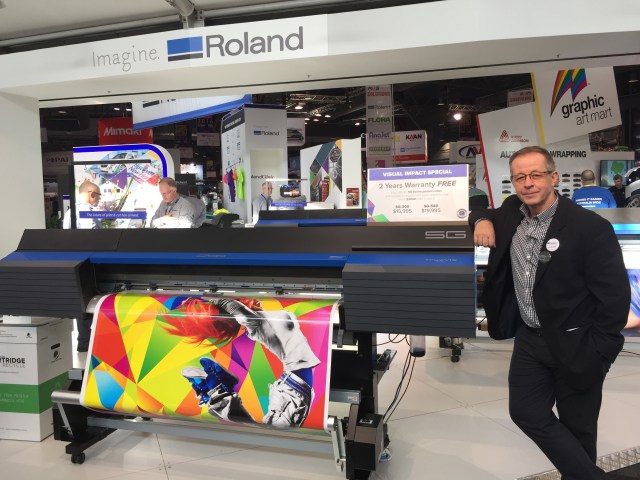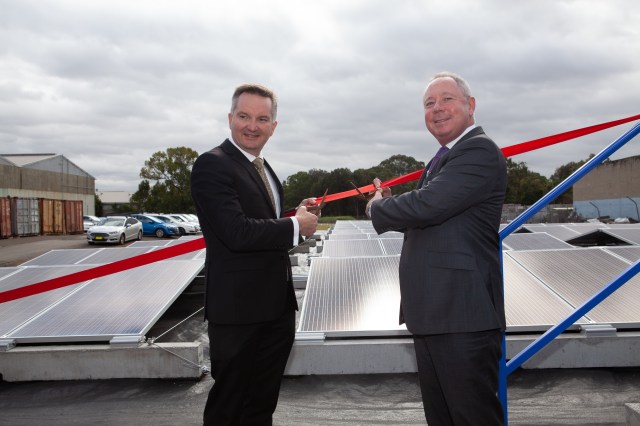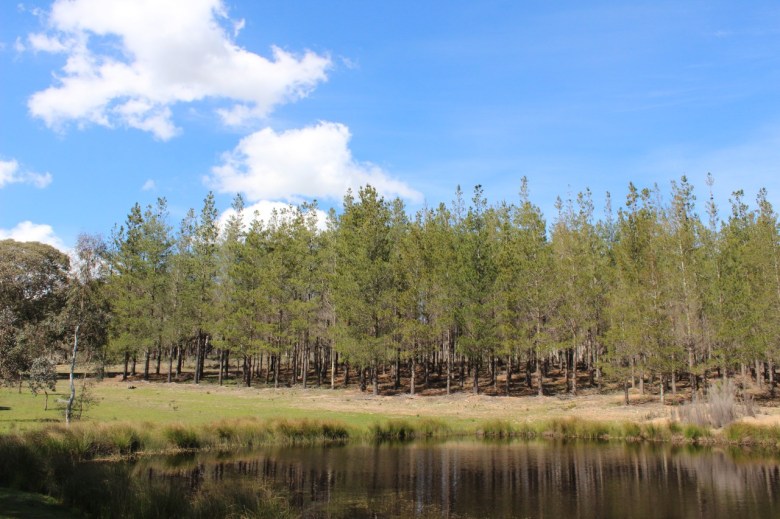
This article was first published in a Sustainable Printing and Packaging technology feature in the February 2021 issue of ProPrint. To read the magazine, please click here.
Family-owned business Impact International takes great pride in its sustainability achievements with the latest bold initiative of this Sydney-based packaging enterprise being the purchase of its very own forest.
The origins of what led to the sustainable forest project began years ago, when ecologically mindful manufacturing became part of the way things were done at Impact’s Smithfield manufacturing site, managing director Aleks Lajovic told ProPrint.

In 2018, Impact installed 1,000 solar panels at Smithfield, now generating an average of at least 1,100kWh of green energy per day. This helps reduce its CO2 emissions by an average of 900 kilograms per day, notes Lajovic.
Then in 2019, Impact developed its sustainable plastic tubes which are manufactured using a sugar cane-based polymer and recycled plastic.
These tubes won a gold medal at the Australian Institute of Packaging annual PIDA awards in the health, wellness, and beauty category. Impact International’s sustainable tubes also won a 2020 WorldStar Packaging Award, a huge achievement for any packaging company.
“In 2021, our focus will be on further reducing our carbon footprint as we work to becoming a carbon-neutral tube manufacturer.
Impact International managing director Aleks Lajovic
“We will use a multi-pronged approach on our journey. One prong is the Impact forest, which is a world first. Have you ever heard of a packaging company that has their own forest?”
The 21-hectare forest, located 40 minutes from Canberra, is a former farm which was previously in a state of disrepair.
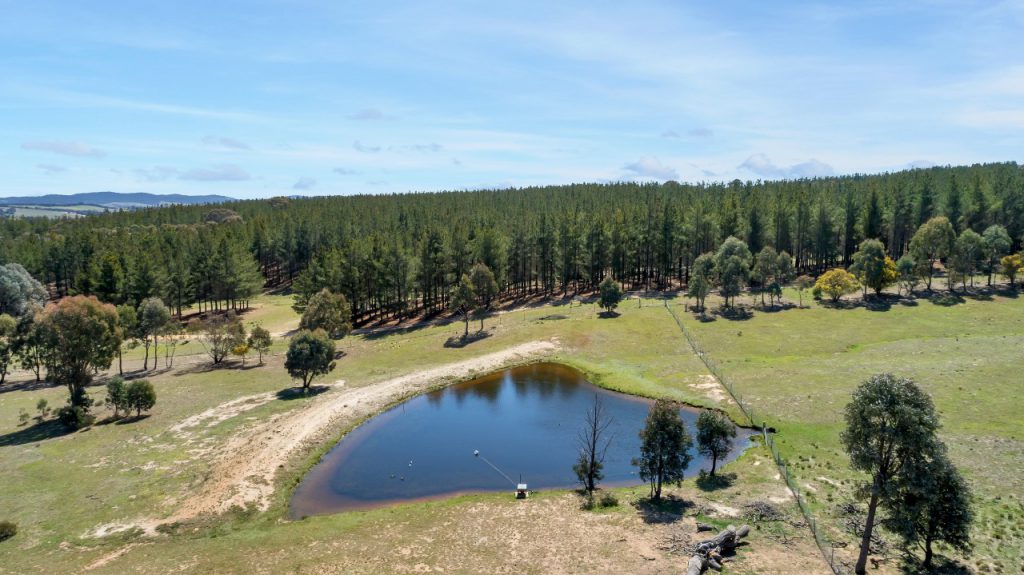
The former owners of the 167-hectare property divided it up into four sections. Each section was graded on the quality of the soil and the land’s ability to be productive.
The areas with the worst soil quality were turned into an agroforestry pinus radiata (pine) plantation with 20,000 trees between 1999 and 2002.
Lajovic says New Zealand research shows the pinus radiata species is especially adept at carbon dioxide capture and that in 2017 this species offset up to 29 per cent of New Zealand’s greenhouse gas emissions. In 2020 Impact International purchased a 46-hectare lot, which included the 21-hectare radiata pine forest.
The forest is home to kangaroos, wombats, echidnas, wallabies, turtles and many other native animals and birds. It was planted with native wildlife in mind, and features wildlife corridors and ample water storage in dams for native animals to use.
Apart from providing a safe home to some of Australia’s most loved native animals, the forest is also helping Impact International’s customers offset their carbon emissions.
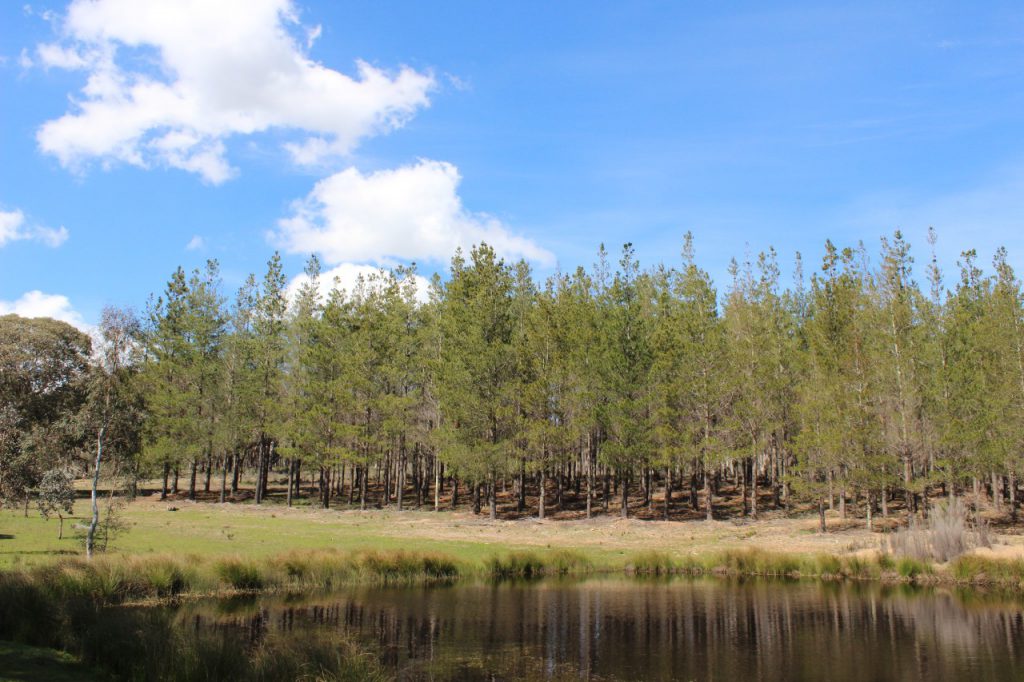
An independent expert has verified the carbon capture rates of the forest and the existing forest has been divided into 20 individual lots. Customers participating in the sustainable forest initiative use the carbon being captured and stored in their trees to offset the carbon footprint of their tubes.
Each have signs erected, showing the customer’s name and logo, creating a great marketing opportunity for each brand.
All lots share equally in the carbon capture allocation.
“At the entry to the forest will be a large sign and map, showing the layout of the forest and illustrating where each lot is located,” explains Lajovic.
“Our customers’ names will also be located on the map. Customers will also have access to the forest for use in promotional videos, for social media posts, product launches and staff training.”
Lajovic says customers will have the opportunity to purchase one or multiple shares in the forest with the only requirement being a commitment for at least two years at a fixed cost separate to Impact’s tube products.
“We believe brand owners will have a unique sustainability story that involves a forest here in Australia. It provides customers with a tangible asset they can visit, touch and hold. And it enables selected brands to be on the front foot and demonstrate their commitment to reducing their carbon footprint,” Lajovic said.
Australian Packaging Covenant Organisation (APCO)
Moreover, customers can build the carbon offset into their Australian Packaging Covenant Organisation (APCO) annual report, he advises.
APCO encourages business and industry to design sustainability in packaging.
“Impact has been selective in which customers we are offering the forest to,” states Lajovic.
“For example, if you are a sunscreen brand, we will not have another eight sunscreen brands involved with the forest, giving you a unique selling point and an environmental story that all your competitors cannot easily copy.”
Comment below to have your say on this story.
If you have a news story or tip-off, get in touch at editorial@sprinter.com.au.
Sign up to the Sprinter newsletter

